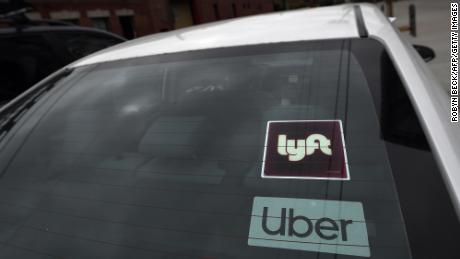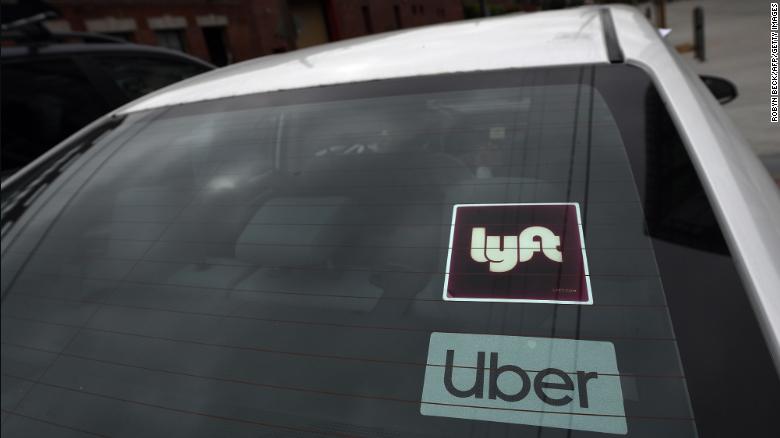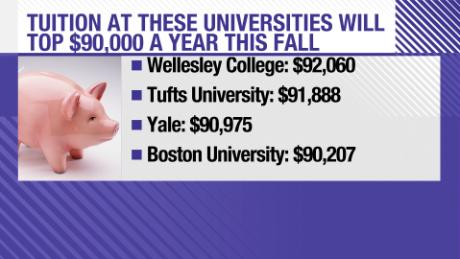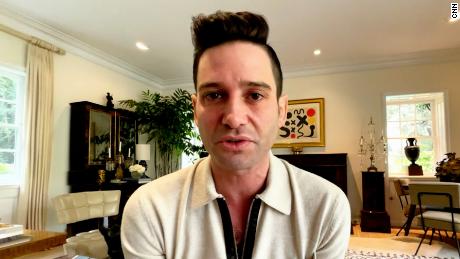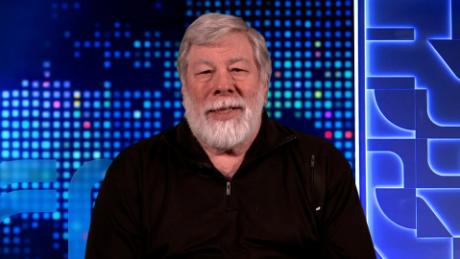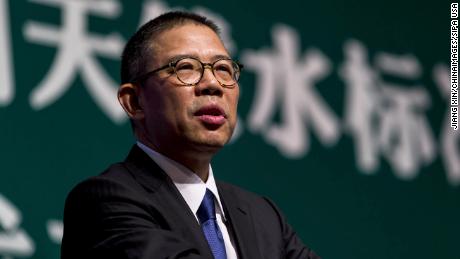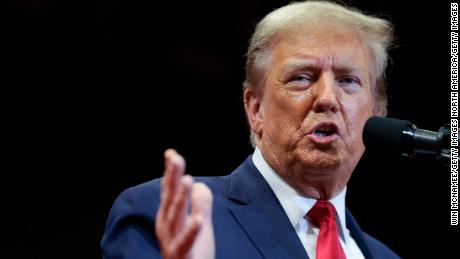(CNN Business)The fight over the future of gig economy work in California isn't over.
A labor union and a group of gig workers filed a lawsuit on Tuesday challenging Proposition 22, or Prop 22, the controversial California ballot measure passed by voters in November that exempts firms like Uber and Lyft from having to classify their drivers in the state as employees rather than independent contractors.
The lawsuit, filed in California's Supreme Court by Service Employees International Union (SEIU), three ridehail drivers and one ridehail customer, seeks to overturn Prop 22. They argue that it unconstitutionally limits the power of the State legislature to implement a worker's compensation program, or pass future legislation concerning certain workers' rights. The complaint also alleges that Prop 22 violates the State Constitution's requirement that ballot measures address a single subject.
Prop 22 was bankrolled by Uber, Lyft, Instacart and DoorDash, who spent more than $200 million combined on its passage, underscoring how important worker classification is to their future. The companies scaled their businesses with massive fleets of workers who are treated as independent contractors, and therefore not entitled to costly employee benefits such as a minimum wage, overtime, paid sick leave and unemployment insurance. Prop 22 allows them to continue to do so, with some benefit concessions.
Uber (UBER) did not immediately respond to a request for comment on the matter. Lyft (LYFT), Instacart and DoorDash referred CNN Business to Protect App Based Jobs & Services, formerly called the Yes on 22 campaign, which provided a statement attributable to Jim Pyatt, a retiree who drives with Uber.
"Nearly 10 million California voters -- including the vast majority of app-based drivers -- passed Prop 22 to protect driver independence, while providing historic new protections," Pyatt said in the statement. "Voters across the political spectrum spoke loud and clear, passing Prop 22 in a landslide. Meritless lawsuits that seek to undermine the clear democratic will of the people do not stand up to scrutiny in the courts."
On a call with press on Tuesday, Bob Schoonover, the president of SEIU California State Council and SEIU Local 721, said, "If giant corporations are allowed to bankroll ballot initiatives that circumvent the California Constitution, it sets a precedent that any right can be rolled back just by spending enough money. The court must strike down Proposition 22 because it is unconstitutional."
Prop 22 came in reaction to a state labor law, Assembly Bill 5 or AB-5, that went into effect January 1, 2020 and codified an "ABC" test to determine if workers are employees who are entitled to labor protections and benefits.
Under Prop 22, the companies can continue to treat drivers as independent contractors while granting some drivers benefit concessions, but not the full suite of protections that workers would have gotten had the measure not passed.
Prop 22, and the legal dispute around it, could have ramifications beyond the state of California. After their Election Day victory, the companies were quick to signal they would pursue models similar to Prop 22 outside the state.
Schoonover called Prop 22 "an attack on California's rights that if left unchecked will grant permission to companies like Uber and Lyft to dismantle workers' rights across the country."
